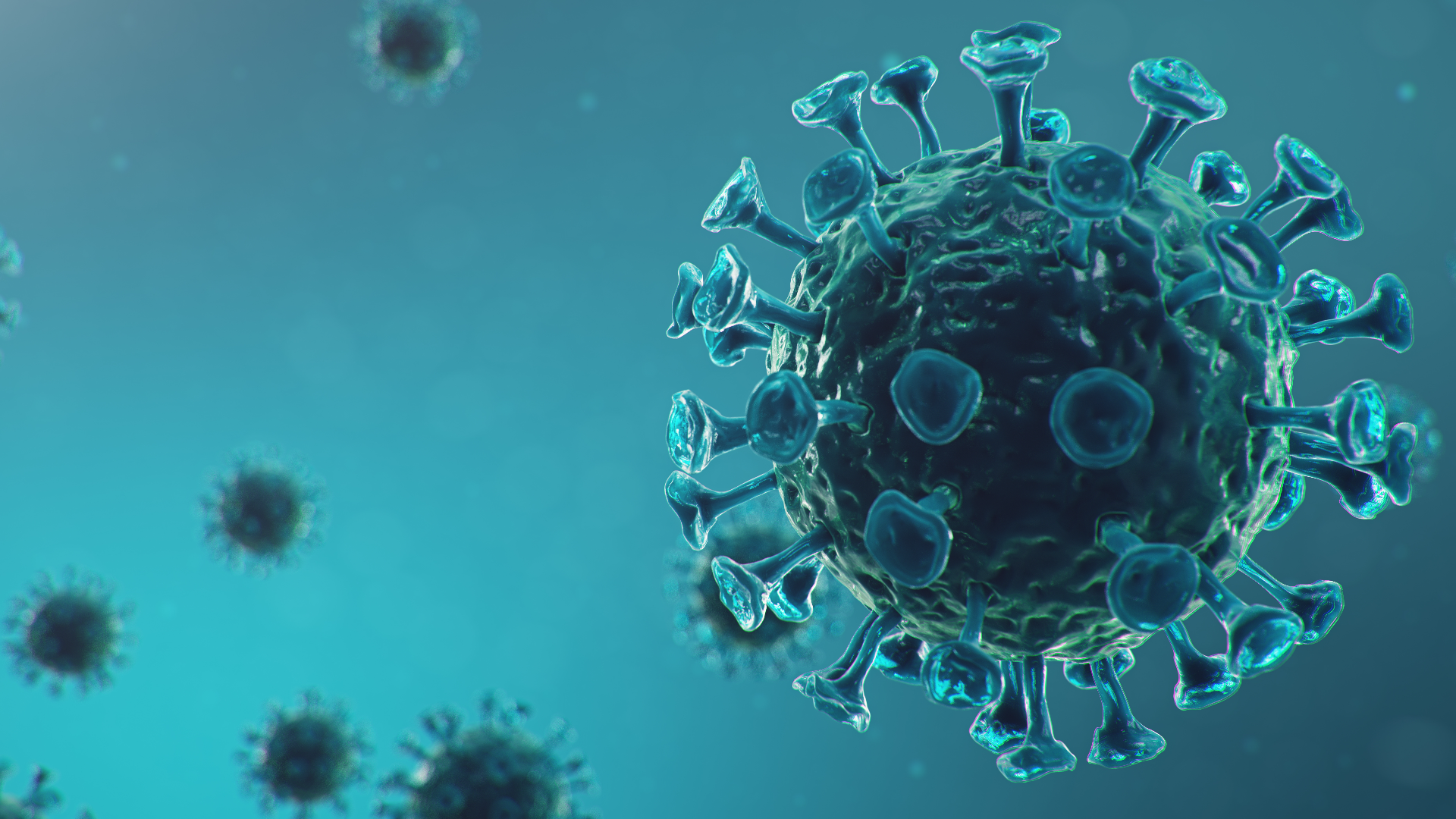ODESSA, Texas —
For some kids, the COVID-19 lockdown was a complete shift in what was normal for them.
For others, they may not have even known what things were like before the lockdown.
However, both had the potential to experience COVID-19 trauma, according to PermiaCare.
“After COVID happened, everything changed and what we're seeing now in kids is, we believe, a direct result of having lived through and experienced the chaos that was the lockdown, quarantine, illness, loss, anti-socialization kind of from a mandated perspective really,” said Chandra Wiginton, LPC-A, NCC, MST program manager for PermiaCare.
While the immediate effects of COVID-19 trauma were noticeable at the time and even joked about by society to a degree, Wiginton said they’re beginning to notice the long-lasting effects and what it does to a child’s development later in life.
“One of the things that they miss out on is problem solving and conflict resolution," Wiginton said. "So, if you get into a disagreement with a friend at school now, you're face to face. Before it was behind a screen, and I think it's fair to say that we speak differently, and we interact differently when there's a screen between us."
Wiginton went on to say that, "We might say things we would never say to somebody's face, which is why we saw an increase in cyber bullying. And then how do we problem solve? How do we figure out what we need to do to be happy that's a healthy coping mechanism?”
Even if it's years later, Wiginton said it's not too late for families to help their kids to catch up on their development. Wiginton said it is part of what she and her people at PermiaCare help families do.
“So of course some of them are still going to be dealing with repercussions of kids' social development not matching their age, right? But that doesn't mean there's not hope," Wiginton said. "We would call it hope for recovery, right? They can recover and they can develop those social skills even now, even if they sat for four or five years and did nothing toward getting better, coping better, any of those things.”

